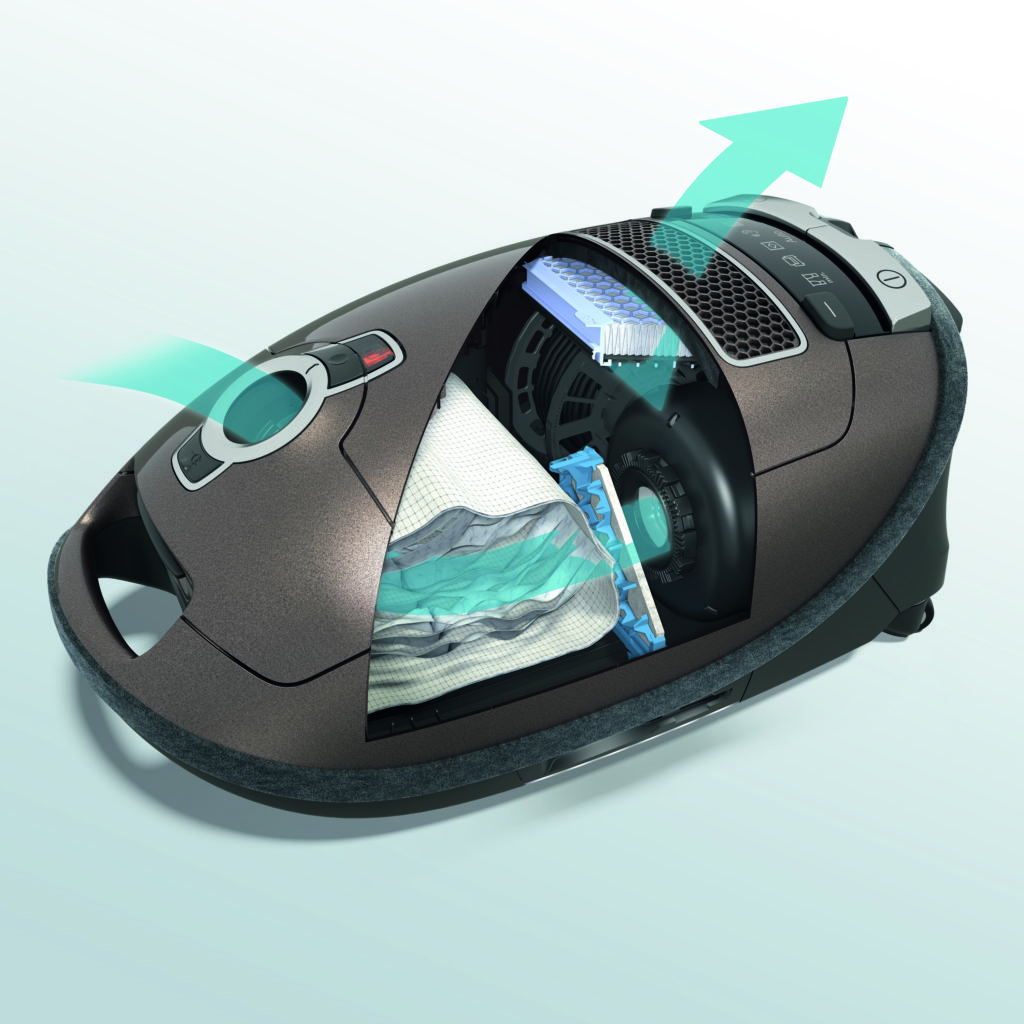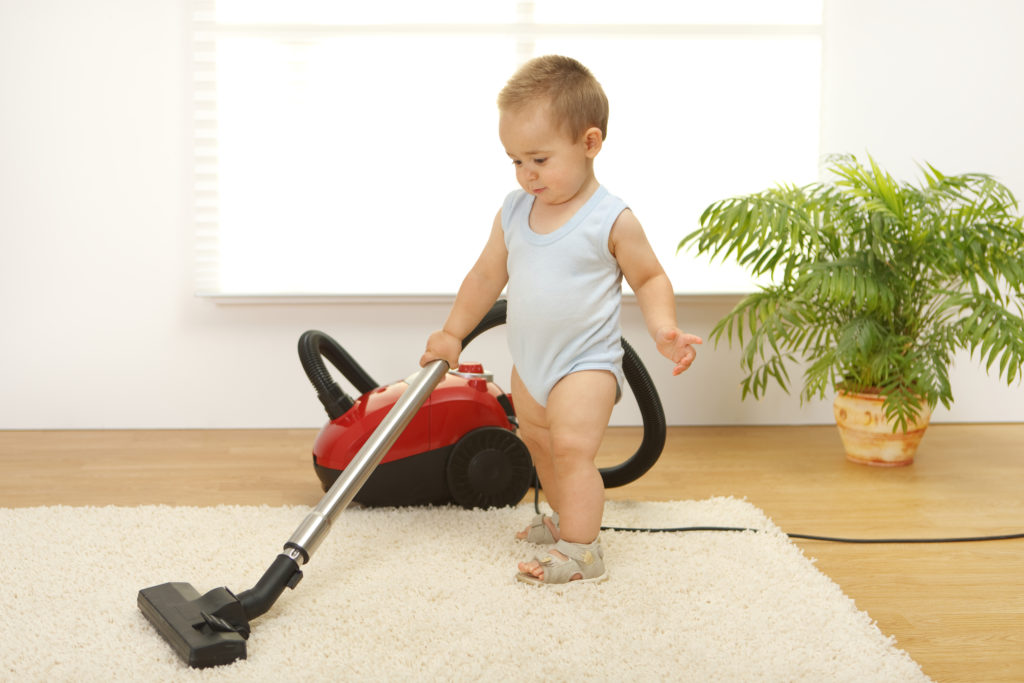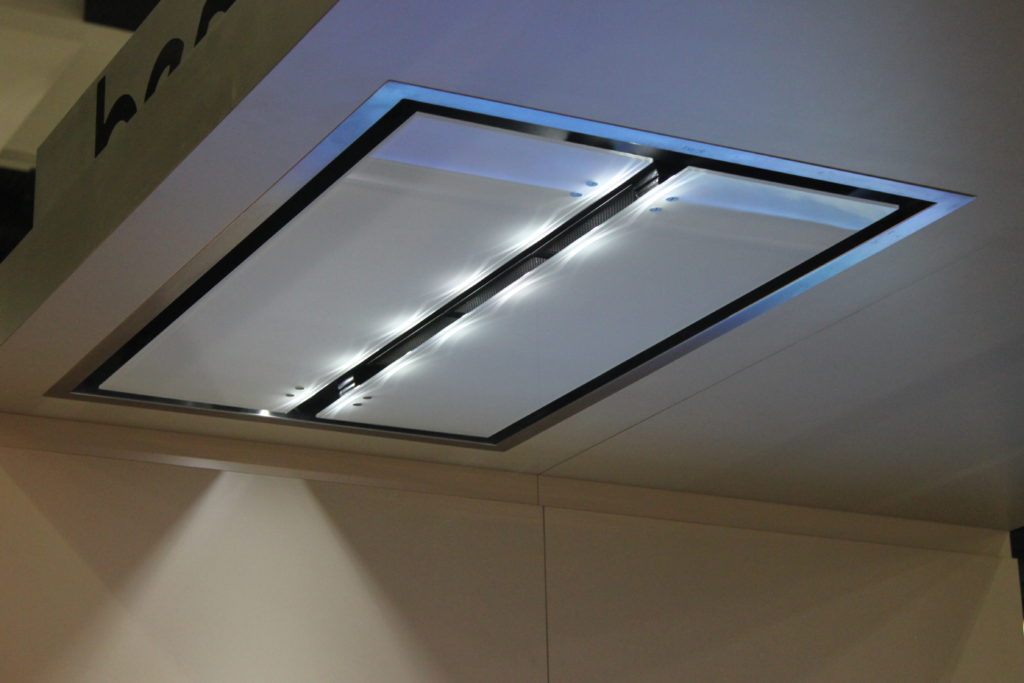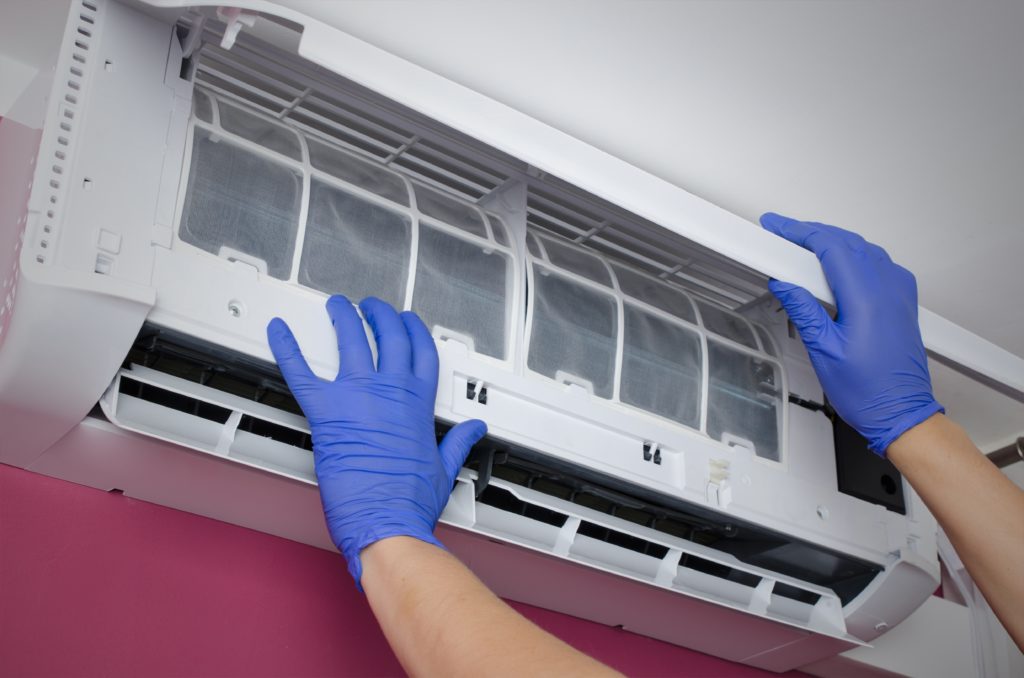Filters and filtration systems are essential elements for the performance of those appliances that treat the air or clean home: from vacuum cleaners to hoods, up to air conditioners
Among the features of some appliances, filtering details are often outlined and, among the product plusses, the type of filters used is usually mentioned: Hepa, activated carbon, anti-grease filters, etc. This is because they are essential elements for the good performance of some household appliances, such as those for the air treating.
Products with different functions, such as a vacuum cleaner and a conditioner, for example, are effective also thanks to the quality of their filtering systems, which, if are of high-quality, make home air more healthy and free from polluting agents, molds and pollen. The basic principle is the same for all appliances: to clean the air by holding as much dirt particles as possible, including invisible and microscopic ones
Hepa filter, the top in the vacuum cleaner

There is no doubt that among the most used filters, today the Hepa one is the first choice in many home appliances. The abbreviation is for High Efficiency Particulate Air Filter and it is a system that can hold from 85% to over 99.9% of the pollutants in the air. There are various types of this filter, divided in 5 categories according to the UNI EN 1822 standard (from H10, the least efficient to H14, the most efficient) based on the percentage of 0.3 μm particles that they can hold. Before writing on the packaging that an appliance uses an Hepa filter, it must passed a series of laboratory tests. Sometimes on the packaging there are approximate expressions (such as ‘Hepa type’), that mention the Hepa filter, but the product only features a sort of imitation of it.
Authentic Hepa systems, instead, are so effective that can be used in automotive, medical and pharmaceutical industries because they are able to sterilize the air at the highest quality levels.
This filter consists of one or more microfiber sheets that physically retain the dirt in the air, preventing the re-emission of it into the environment.
In appliances like a vacuum cleaners, filtering is one of the indispensable elements because in the suction of the dirt from the floor and the surfaces, the device stores large amounts of air, dust and crumbs, but also particles that are invisible for the eyes.
In this process, solid parts are blocked by the foam rubber filters but the air is re-emitted in the environment through special vents. In the absence of effective filters, micro-particles, allergens, pollen and molds would be rejected again in the atmosphere and could be breathed to the home’s inhabitants. This is obviously unhealthy for anyone, especially for those who suffer for allergies or respiratory diseases.
So, the better is the filter, the better will be the efficiency of the vacuum cleaner in removing dirt from the air by increasing hygiene and well-being.
To increase the filtration performance and keep the vacuum cleaner intact and effective, the more advanced models utilize not only the Hepa filter but a more articulated system of filters for different functions: some retain the bulky dirt, the other the thin one.
In addition to Hepa filters, as was mentioned in the opening, there are other filters used in the appliances, such as Epa filters, which hold about 85% of the particles and are used in entry level and cheaper models.
In the kitchen anti-grease and activated carbon filters
Another precious household appliance that can significantly improve the air is the kitchen hood that also plays an important anti-odor and anti-grease function. To do this, it avails itself of a complex system of filters, including those with activated carbons that have a strong effectiveness in the purification of the air and in the odor removal. Hoods, moreover, are generally also equipped with anti-grease filters that protect the unit and the engine from damage deriving from the cooking fat particles.
A very performant hood is also able to prolong the good state of the kitchen furniture, which is exposed to vapors daily. The filtering system is therefore also essential for the performance of any hood, whether it is a suction models (that removes fumes transferring them outside the house through the special duct) or a filtering one, that is able to purify the extracted air and then re-emit it clean in the kitchen.
Health also depends on the air
When the first air conditioners arrived to the professional environments and later to the home sector, many doubts were born about their healthiness because at first the air recirculation and filtering left a lot to be desired. This, together with the approximate temperature setting, made the first conditioners ineffective and much less appreciated than today.
At present, however, filtering systems are of the highest level in most of the traded products which, in addition to cooling and heating, are able to purify the air, as other home comfort products such as dehumidifiers and humidifiers.
The filters used in these products are sometimes treated with natural substances that neutralize mites and bacteria. Often they also use electrostatic or activated carbon filters which, as in hoods, eliminate unpleasant odors.






